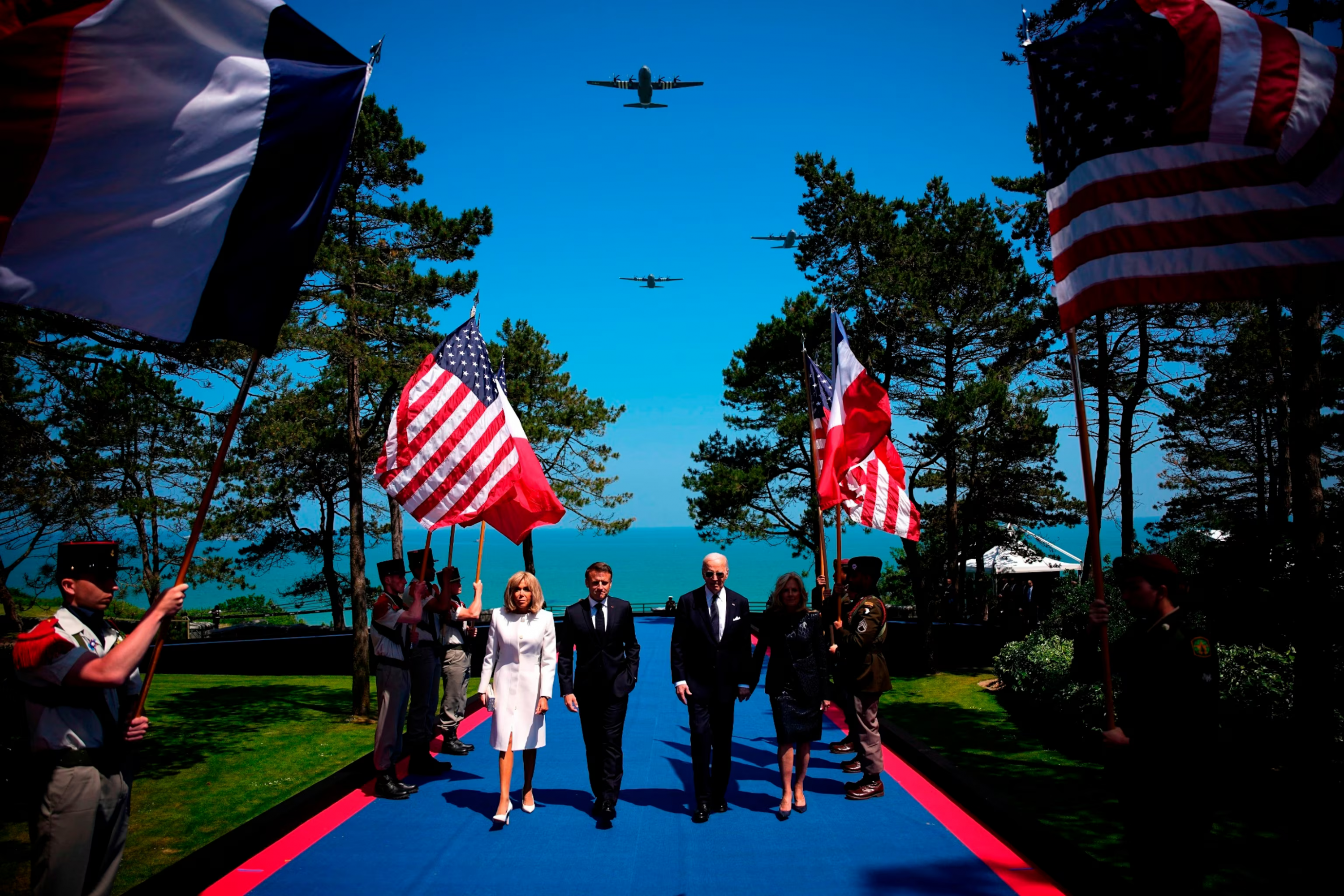It has been assessed by American and Four Pillars defense officials that the Russian advance on Kharkiv is ‘all but over,’ indicating that Russia has yet again failed to make major advances since 2022, or last year if one counts their gains in the Donbas regions. It is clear over the past year that the Russian invasion of Ukraine has turned into a war of attrition between the two countries, with current frontlines calcifying into status quo. The question now is to see who can outlast their opponent, if this turns into a long attritional war a la Iran-Iraq, and with that, if the conflict remains frozen or ends decisively.
Another thing of note, not to celebrate too early, but it appears the worst factors for Ukraine have passed. After the unsuccessful counter-offensive, events seemed to keep stacking against Ukraine and Zelenskyy: severe lack of ammunition and manpower, the stalling of aid from the Four Pillars, wavering enthusiasm both domestic and international, and Russia’s expansion of its war capacity. This was marked by Russian captures of towns in the Donbas toward the end last year, and many worried if Ukraine could survive a reorganized Russian offensive. Even with their own shortfalls, Ukraine was able to hold out until aid packages began again from the US, and members of the Four Pillars via NATO such as France offered military advisors on the ground – which is helping reinforce the gaps. However, other attritional issues continue to plague them. On the other hand, while Russia has postured strength both domestically and to Ukraine’s supporters, such as threatening to strike NATO members and Putin’s enjoyment of Russian support or apathy towards the war, there have been claims of cracks in the foundation, that Russia may not have time for a major offensive or breakthrough or its economy is overheating.
This month has already seen four notable elections in the world – South Africa, India (a Pillar), Mexico, and the European Parliament. Although not earthshaking like the upcoming ones, they are still interesting indicators of global sentiments vis-a-vis voter’s own domestic concerns and feelings on global issues, where the Four Pillars space is concerned. Upcoming elections this year include the UK, France (Macron in fact called a snap election after the EP election), and of course, the US. Keep in mind that these countries are all Pillars. While not policy or global peace and security specific, these elections are still worth keeping an eye on as a vibe barometer of sorts, and to see the strengths and weaknesses of the rules-based order. On the anniversary of D-Day, as Biden and Macron have done this past week, let us remember the sacrifices made for freedom and democracy that should be upheld and preserved now and eternal.
Articles of the week – India, Mexico, South Africa Went to the Polls. Here’s What We Learned. [Politico]; Biden links WW2 and Ukraine war in D-Day address [BBC]

